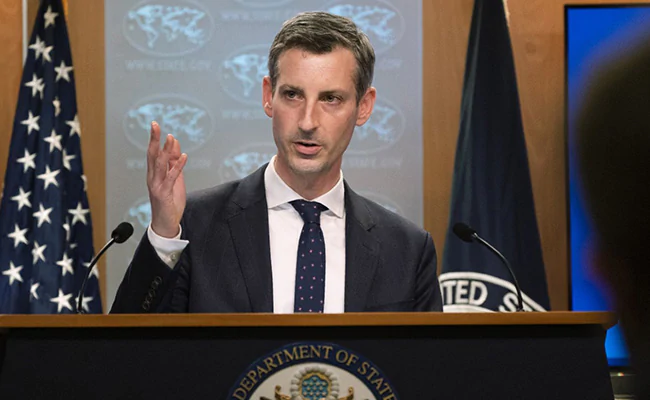
BANGUI, Central African Republic: Clashes in Central African Republic’s capital have resulted in ”many casualties,” the International Committee for the Red Cross said Thursday, marking the most significant violence in the city since a United Nations force took over peacekeeping last month. A crash following an attack on a convoy killed one UN peacekeeper and injured at least seven others, Vannina Maestracci, associate spokeswoman for the UN secretary-general, said in New York. It was the first death of a peacekeeper since the UN took over peacekeeping duties from an African Union force. The violence complicated relief efforts. Doctors Without Borders said its staff was staying home Thursday because of the dangers, and the ICRC said its workers ”were subjected to direct threats” as they tried to recover bodies. ”It’s truly regrettable that such actions can jeopardize any attempt to help the wounded,” said Antoine Mbao Bogo, the national president of the Central African Red Cross. His organization provided an initial tally of 12 deaths, but staffers did not have access to all neighborhoods. The violence began Tuesday when a former fighter with a mostly Muslim Seleka rebel coalition was killed by anti-Balaka Christian militias who mutilated his body before burning it, witnesses said. The man had been accused of launching two grenades, one in an anti-Balaka stronghold in the north of the city, prompting the anti-Balaka fighters to chase after him. ”He was chased by anti-Balaka fighters who caught him, killed him and burned his body,” Bangui resident Wilfried Maitre said. Reprisal attacks ensued, with Muslim fighters killing two people, including the driver of a taxi, witnesses said. Other taxi drivers then staged a protest, raising tensions. Later on Wednesday, anti-Balaka fighters paraded through the streets, showing off their weapons and shooting into the air, said Pieterjan Wouda of Doctors Without Borders. ”That’s something we haven’t seen in a long time,” he said. Heavy weapons could be heard Thursday morning, Wouda said, adding that Doctors Without Borders staff would be staying home because it was not safe to move around. The mostly Muslim Seleka rebel coalition toppled the president of a decade last year, installing its chief, Michel Djotodia, as the country’s new leader. Widespread human rights abuses combined with escalating violence in the capital in December and January led to Djotodia’s resignation. The country is currently headed by transitional President Catherine Samba- Panza. At least 5,000 people have died over nine months of sectarian violence in the country. The International Crisis Group warned last month that the transition was at risk of falling apart. ”The main armed groups are in disarray, lack clear leadership, seek to expand their areas of control and pursue banditry as much as politics,” the group warned.




Be the first to comment